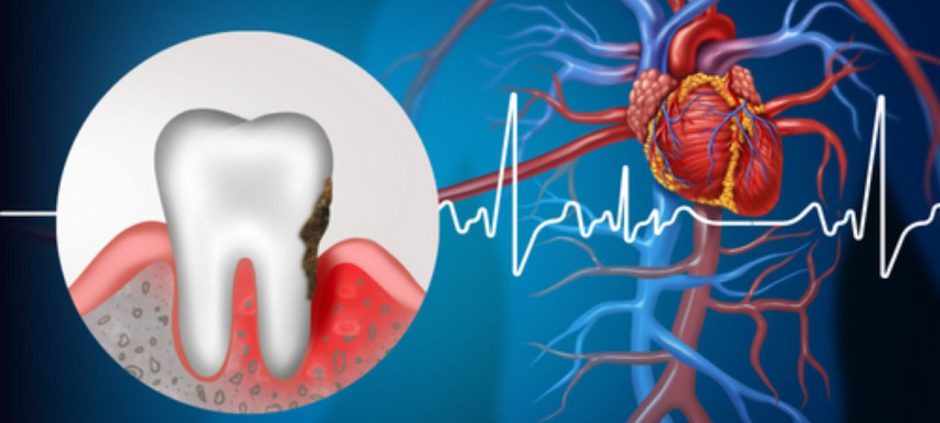Oral bacteria linked to higher heart disease risk have caught the attention of health experts worldwide. Researchers warn that poor dental hygiene is not only a cosmetic issue but may directly increase the likelihood of cardiovascular conditions. The findings stress the importance of understanding how oral bacteria can influence long-term wellness.
Oral bacteria linked to higher heart disease risk
Health specialists explain that harmful bacteria from the mouth can enter the bloodstream, where they may trigger inflammation and damage blood vessels. This process increases the chance of heart attacks, strokes, and other cardiovascular complications.
Doctors are urging people to take gum disease and untreated cavities more seriously, as both may provide pathways for oral bacteria to spread. The issue is particularly concerning in regions where dental care is limited, raising broader questions about preventive health.
Recent studies also highlight the connection between lifestyle, diet, and oral hygiene. Experts note that regular brushing, flossing, and dental check-ups remain the most effective steps in reducing the risk.
You can also learn how certain foods protect heart health by reading about the benefits of dark chocolate rich in cocoa. Nutrition, alongside good oral care, plays a vital role in lowering the risk of cardiovascular disease.
Key insights from researchers
- Oral bacteria can move into the bloodstream and harm blood vessels.
- Chronic gum disease is strongly associated with higher heart disease risk.
- Poor oral hygiene can trigger inflammation, which worsens cardiovascular health.
- Preventive care and healthier diets reduce risks linked to oral bacteria.
Medical experts believe that the link between oral bacteria and heart disease risk reflects a growing need for integrated health approaches. Dentists and cardiologists are working more closely to identify high-risk patients early and recommend timely treatment.
Public health officials suggest greater awareness campaigns to educate communities about how oral hygiene directly relates to heart health. By recognizing the warning signs of gum disease, people can act before complications arise.
As scientists continue to explore the link between oral bacteria and heart disease risk, one message is becoming clear. Protecting your heart may begin with protecting your mouth.











